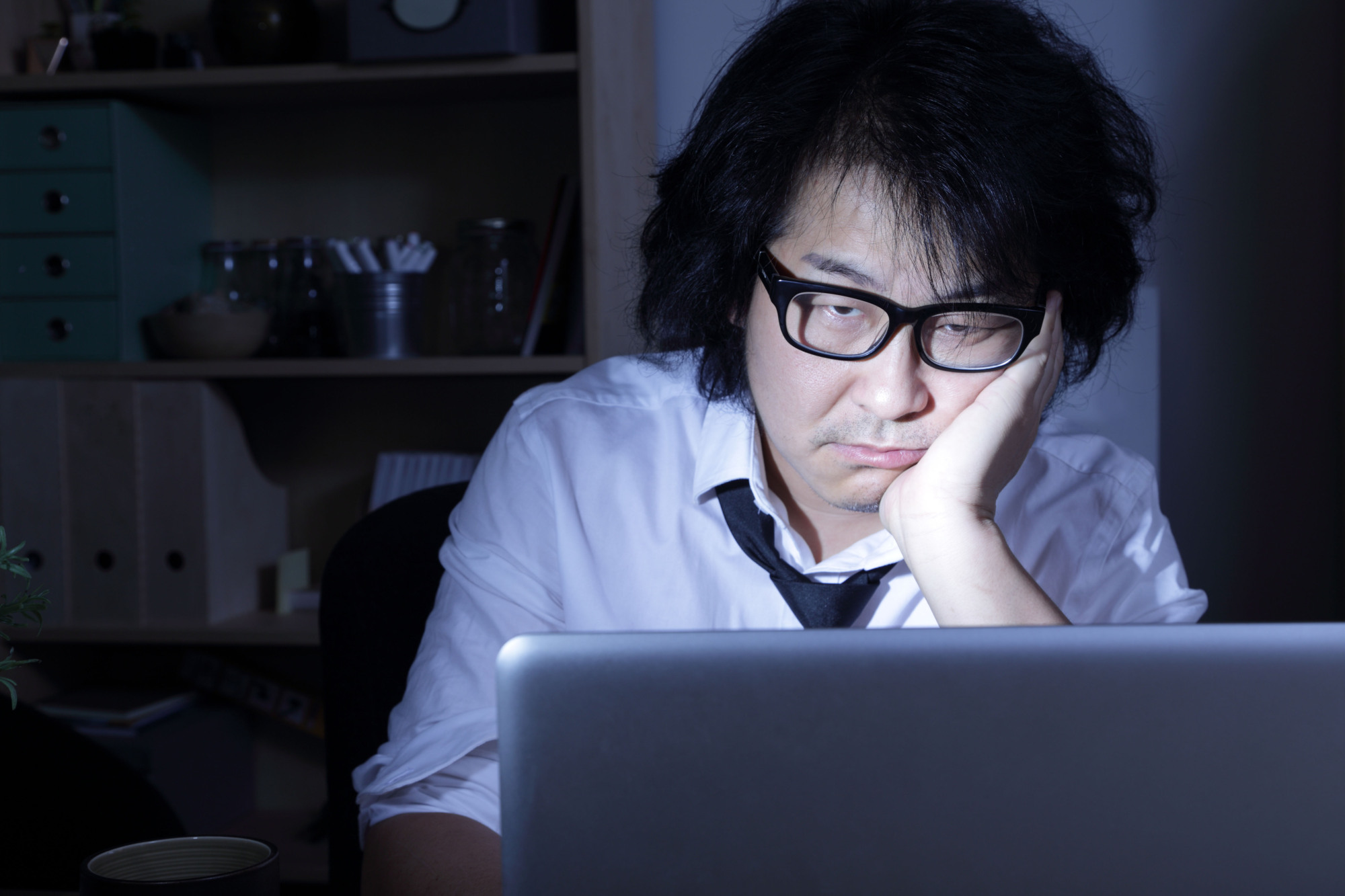The utopia of utopias is "Utopia" by Sir Thomas More (1478-1535). Its best feature is leisure. There are no idle nobles; everyone works. A burden shared is a burden lightened. Utopians "do not wear themselves out with perpetual toil from morning to night, as if they were beasts of burden." They work their daily six hours, then go on to more important things — not "luxury and idleness" (which are forbidden) but the pursuit of culture.
Five hundred years later, there are no utopias. Japan certainly is not one. Japan works itself to death, to depression. Karōshi (death from overwork) is a Japanese contribution to the global language, increasingly understood worldwide. Utsubyō (depression) isn't, but is a recurring theme within the country. Much of it is work-related.
Spa magazine this month finds karōshi evolving. In Japan until the late 1990s, as in Europe still, most victims were blue-collar workers. Now they're managers. Social conventions can fool you into wearing executive status proudly. It's a trap, says Spa. The long recession that began in the '90s spawned deep "restructuring" — mass layoffs, reduced hiring. Who picked up the slack? Managers, who were scarcely then, and are little more now, protected by labor laws limiting working hours.



















With your current subscription plan you can comment on stories. However, before writing your first comment, please create a display name in the Profile section of your subscriber account page.